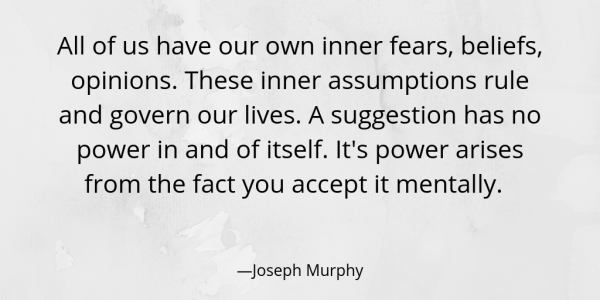I was recently at an event designed to discuss some hot topics. I don’t shy away from this kind of opportunity. I love being of service, in any way that I can, and this includes (but is not limited to) having difficult discussions.
I was cognisant of choosing to listen more than I spoke. It is easy to speak and give opinions, but far more challenging to genuinely hear other people’s thoughts. Especially if they differ from ours.
I believe that those who have opportunities to speak often should learn to listen more, and those who often don’t have a voice (or opportunity to share thoughts) should choose to speak more.
I am practicing being an active listener. I want to hear people’s stories instead of thinking about what I am going to say next.
What I have noticed is that when something is potent for us, or when we have a strong opinion, we have a hard time listening. Often we just want to be heard, but we can come across in a manner that is loaded with emotion. When we are trying to express a point but we convey it with anger, frustration and hurt, we are difficult to hear. Our truth is lost in our pain. I don’t mean that we shouldn’t express our stories or share our truths. Our stories and truths often have a lot of emotion behind them, as well as being important agents of change. But there is a difference between sharing our stories (in appropriate situations) and getting caught up in the angst of our pain. When we share our stories, we often create connection; when we are being reactive to an opinion or thought that hits up against our pain, we often lose connection. Being attached to our opinions makes us reactive, closed-minded and unable to hear other people’s opinions. We can come across with strong language and get easily offended.
So how do we find ways to express the things that feel most important to us, while still leaving room to listen? How do we respond with curiosity instead of reactivity?
First, remember that listening to someone’s opinion does not make it yours. We are all allowed to have our opinions: this has taken me a while to digest. I used to be (embarrassingly) reactive when someone did not feel the same way I did about a given topic. Regardless of how I learned this behaviour, at some point it became obvious that it was creating isolation instead of inclusion, and ultimately I was looking to be included. I have learned that I need to make space for others’ opinions, and to allow their truths to exist, without feeling like they are an affront to my safety.
Secondly, learn how to watch frustration, pain or reactivity boil up inside you. As it does, get quieter. Get more curious about where it is coming from. And if the situation allows, don’t say anything. Collect yourself, not so that you are in control, but so you can share your story in a way that can be heard. This is incredibly important in intimate relationships.
Third, find the actions and language that allow you to share your perspective without feeling like you need to be defensive. Find ways to communicate that leave you feeling better after interactions. This can include being mindful of the things that trigger you. Take enough space to listen with an open heart instead of interjecting. Be curious. This is the most important part for me; when I am curious I am able to hear, connect with and have compassion for others’ perspectives.
When we are certain that our opinions are the correct ones, we create distance. We create a right and a wrong. We insert divisiveness, judgement and certainty. This is all exclusive and entitled behavior. When we are curious and we listen, we are able to learn, connect and be open. We are able to be inclusive and become educated. These days, I prefer to choose the latter. With this choice, I feel better about myself at the end of the day, and I am less gripped by my stories that someone else is wrong, and I am right.
With love, Noelle
P.S If you find these messages beneficial, please help me share my message. Forward to a Friend, Follow my blog, or share on Social Media.

